Both hydration and moisturization are crucial for maintaining healthy and radiant skin. Unfortunately, there isn't just one cream or serum out there that will do everything needed for optimal skin health. Your best skin doesn’t *happen* by using one miracle product for a few months. True skin care demands more. Someone who is committed to slowing the decline and aging of the skin will continually invest in products and time to maintain and treat this vital organ. It requires performing individual steps regularly, routinely — every day, every week, for years.
UNDERSTANDING HYDRATION
One of the most crucial and overlooked steps to achieving clear, radiant skin is hydration. In my approach to skin care, hydration is paramount. In order to hydrate the skin, moisturizing must be understood. Hydration refers to the process of replenishing and retaining water in the skin. It involves using products or ingredients that attract and bind water to the skin's surface and deeper layers. Hydrated skin looks plump, smooth, and supple.
UNDERSTANDING MOISTURIZING
Moisturization involves sealing in moisture and preventing water loss from the skin. This is achieved through the use of occlusive ingredients that create a protective barrier on the skin's surface, effectively trapping the moisture in. These occlusive ingredients prevent water from evaporating from the skin, keeping it hydrated for longer periods. Common occlusive ingredients include oils, butters , and lipids.
To achieve well-hydrated and moisturized skin, it's essential to follow a balanced skincare routine that incorporates both hydrating and moisturizing products. First, hydrating products are applied to infuse the skin with water, and then moisturizing products with occlusive ingredients are used to lock that moisture in and create a protective barrier.
The balance between hydration and moisturization is crucial for all skin types, whether you have dry, oily, combination, or sensitive skin. Finding the right products that suit your skin's specific needs and concerns will help you achieve a healthy and glowing complexion.
The term “moisturizing” referring to skin care is a bit of a misnomer - when moisturizing, actual moisture is not being infused into the skin, it’s when oil or cream that's applied to effectively seal the actual moisture/water/hydration into the skin and thereby causing the skin to retain hydration. This sealing action that reinforces the skin barrier we call moisturizing will always be referred to in this way, it’s just not accurate. When our skin is dry on the surface, it is lacking oil/lipids not water/hydration. This is why there is so much confusion between the terms hydrated and moisturized, and dry and dehydrated. People reference plant oils as "dry oils" because they absorb into the skin faster - this only adds to the confusing way we speak about ingredients and skin care. All oils are dry - they don't contain water. Calling other oils "wet" is ridiculous and makes no sense. What makes an oil absorb quickly or create a level of occlusion are the fatty acids and other constituents in its profile - not the oil containing water.
Most people are already moisturizing and still unaware of the need to hydrate the skin in order to effectively moisturize it. Proper hydration is necessary for whole skin health and function. Skin must maintain a certain level of hydration to retain its elasticity and circulation of vital nutrients and fluids, and to eliminate. Proper hydration allows every cell to work at its optimal level. When skin is dehydrated, proper skin function and circulation are impaired. The skin can’t effectively benefit from the other phases of skincare when circulation is stagnant.
Hydrating and moisturizing are two distinctly different phases of skin care. The two phases are absolutely intertwined and cannot function well without the other. Water and oil react chemically to skin very differently, so hydrating and moisturizing steps are effective when applied separately. Hydration is retained by proper moisturizing. Water/hydration must be applied first, opening and flushing the cells with fluid. Hydrating is delivered by water, and moisturizing is performed immediately after the hydrate step with oil-based products. Creams are oil-based, though they do contain water and usually perform as oil/lipid barrier cell-binding function rather than hydrating agents. There are many variables and it does depend on the difference between ingredients and formula and how it performs with the differences of each individuals' skin. A moisturizer for one skin can be light, serum-like, and absorb entirely leaving only minimal barrier reinforcement. For another, the same cream might be sufficient moisturizing and barrier repair. The stratum corneum - the outermost protective layer of the skin - is comprised of keratin (protein) and lipids (oil). This ‘brick and mortar’ barrier/protection layer of the skin is hydrophobic and needing anhydrous (oil based) products to best penetrate the surface. What we are trying to achieve is restoring the skin with hydration/water. This is where ingredients and formulation are fascinating and effective at overcoming the skins' natural defense.
The secret to the formulation of the Hydrating Accelerator and Hydration Boost Concentrate is the combination of ingredients that create such an effective skin-penetrating formula. The base of these two innovative products is the penetration-enhancing ingredient: Aloe vera combined with a specific concentration of fatty-acids from a unique oil profile that effectively reduces skin surface tension and acts as a vehicle by increasing permeability. This allows the antioxidants, minerals, vitamins, and nutrients past the skin barrier and sets up the skin to carry the actives in the next phase. The moisturizing phase seals in the hydration and actives while reinforcing the protective acid mantle barrier. Finish with the product that creates the most effective barrier which is the Vital Balm Cream and should be applied last, sealing in the hydration, actives, and effectively moisturizing the skin for the entire day or night.
Skin care is truly an expression of self-love. When you practice real skin care, it absolutely manifests as your multidimensional, total beauty. Your best skin is something that unfolds daily as you connect and nurture the art and practice of caring for yourself.
References
Shelton, M., 1991 Aloe vera, its chemical and therapeutic properties. Int J Dermatol. 30,679–83.
Tai-Nin., Chow, J., Williamson, D.A., Yates, K.M., Goux, W.J., 2005. Chemical characterization of the immunomodulating polysaccharide of Aloe vera L. Carbohydr Res. 340(6), 1131-42.
https://www.ncbi.nlm.nih.gov/pubmed/25196486
Dal’Belo, S.E.; Gaspar, L.R.; Berardo Goncalves Maia Campos, P.M. Moisturising effect of cosmetic formulations containing Aloe vera extract in different concentrations assessed by skin bioengineering techniques. Skin Res. Technol. 2006, 12, 241–246
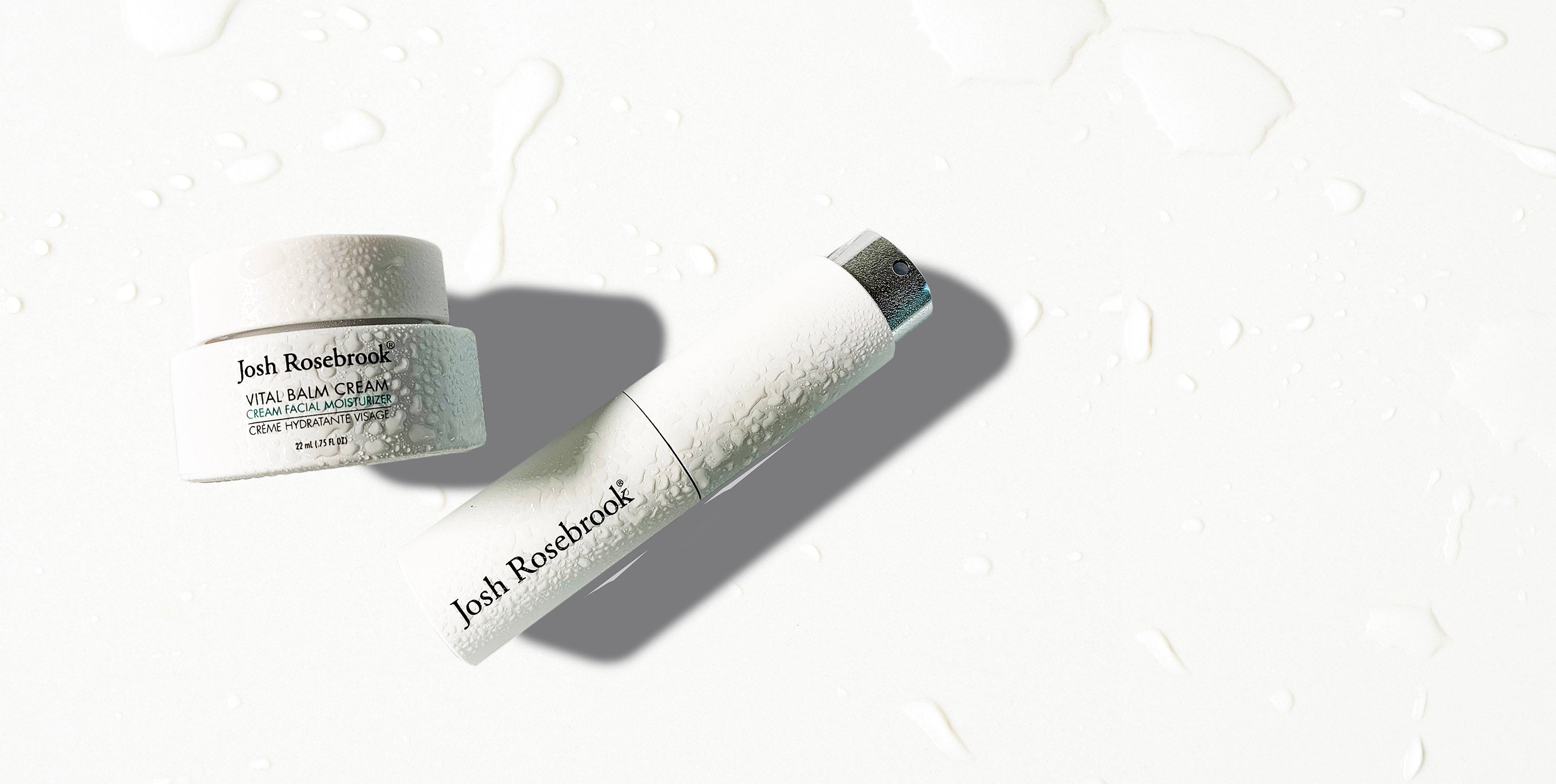



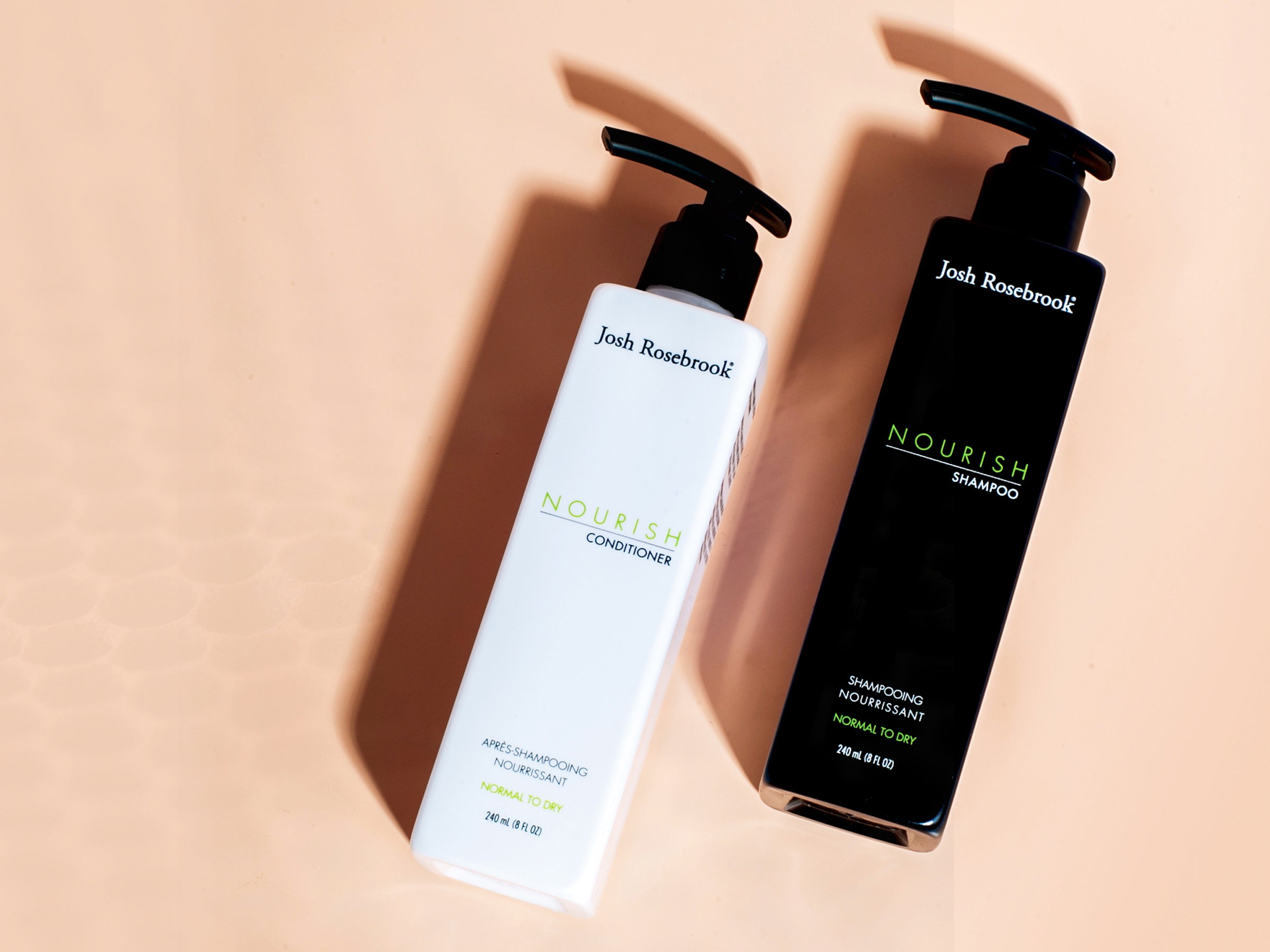
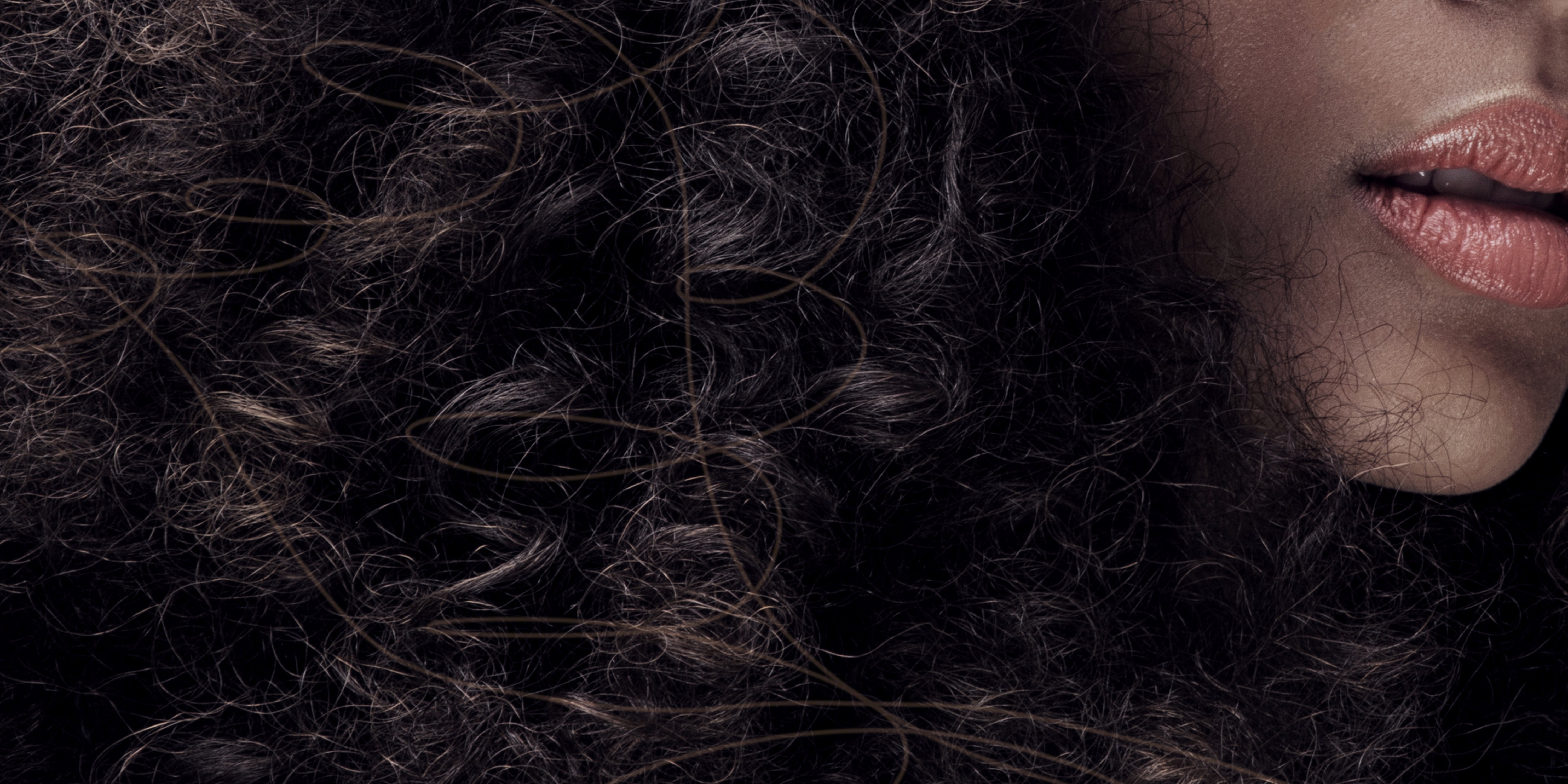
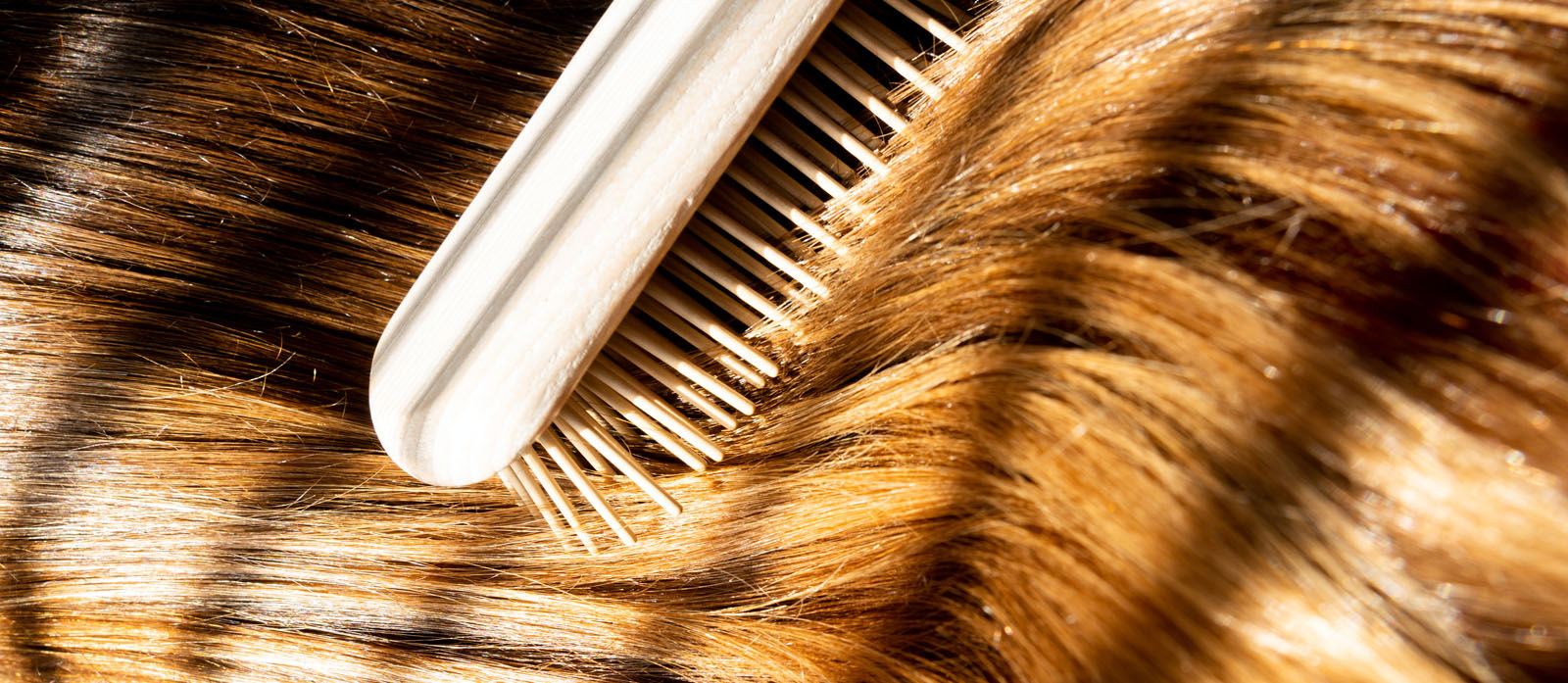
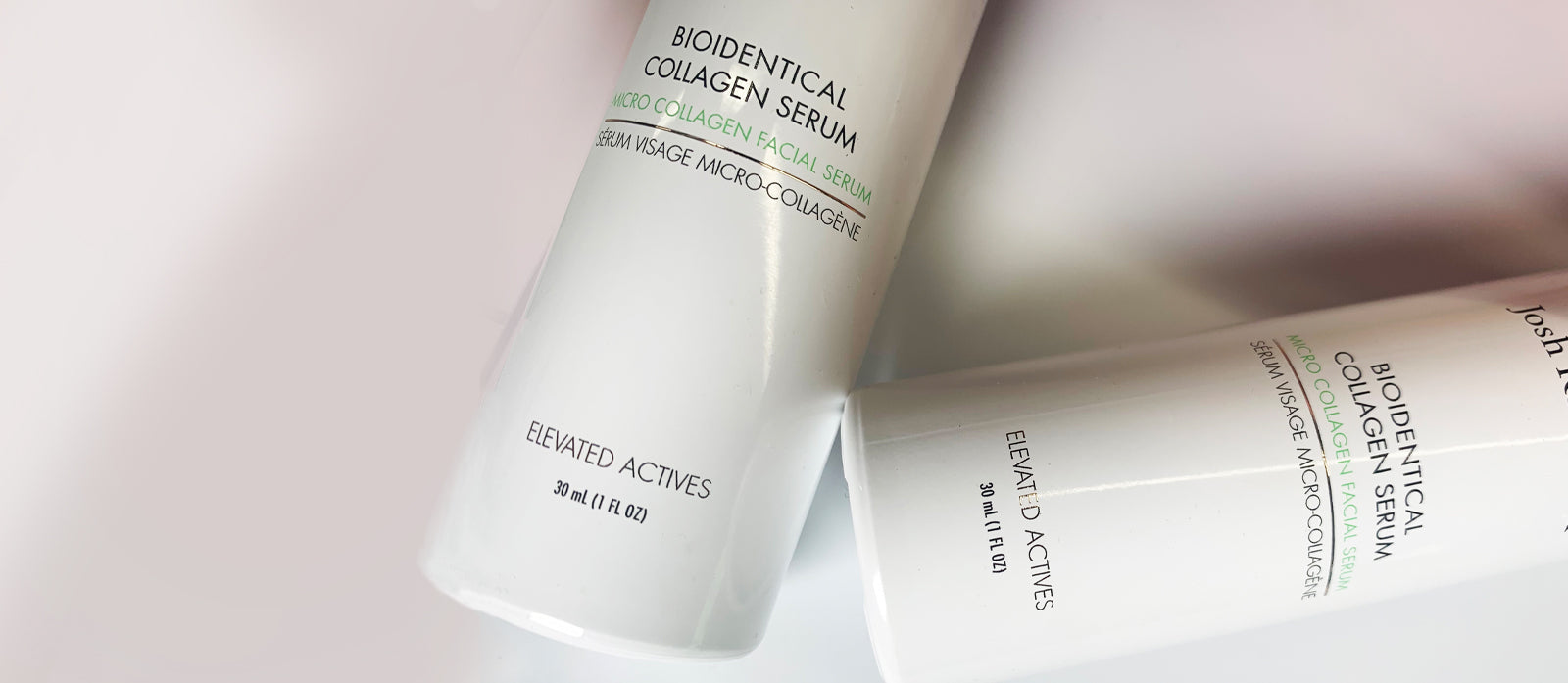
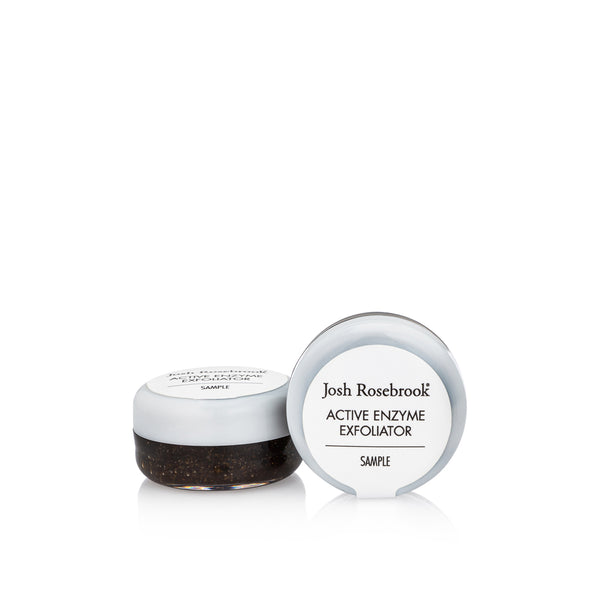
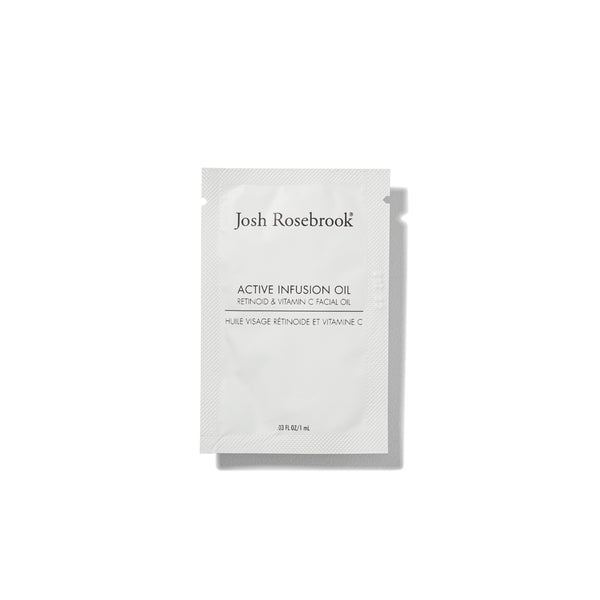
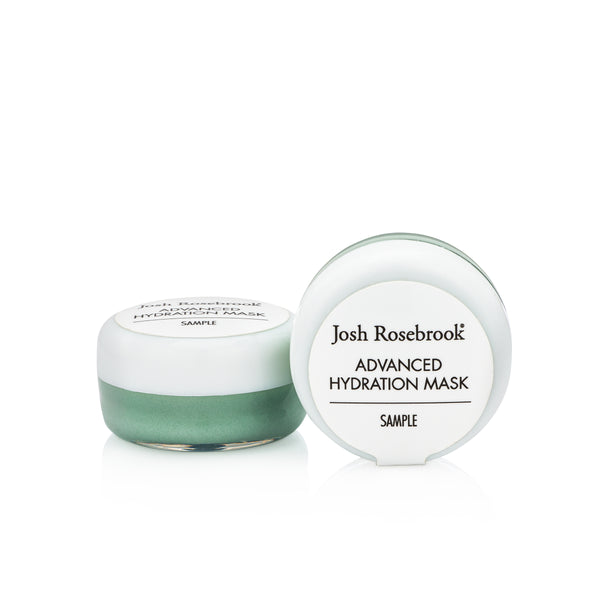
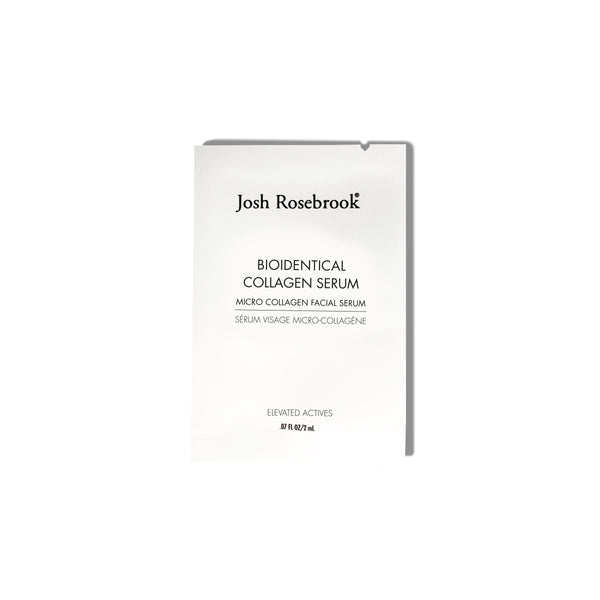

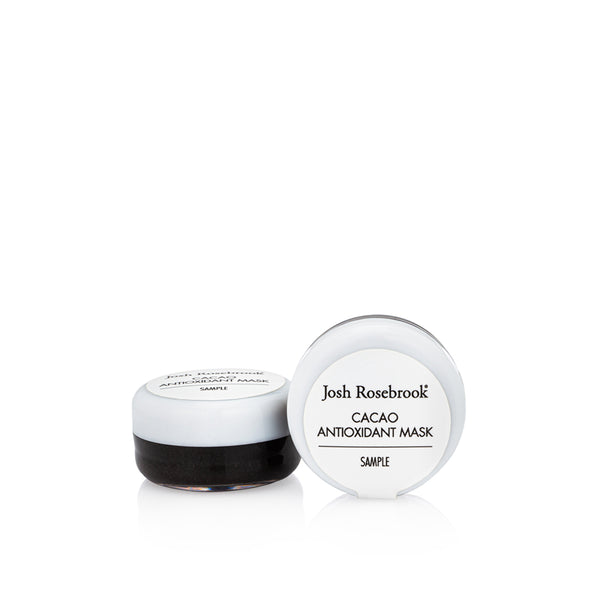
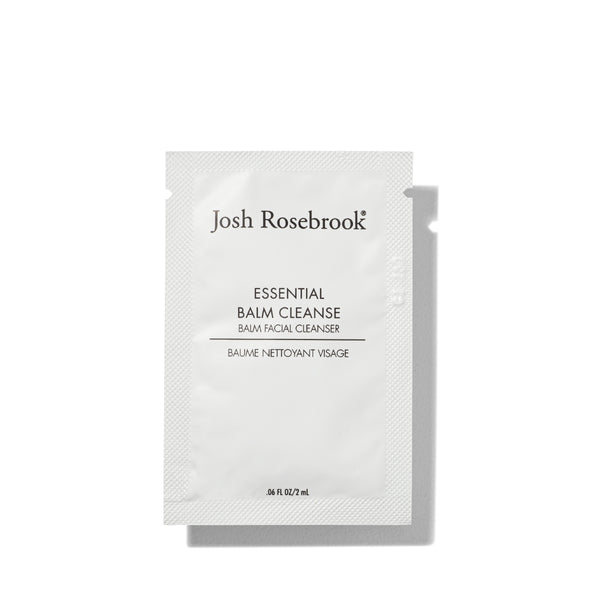
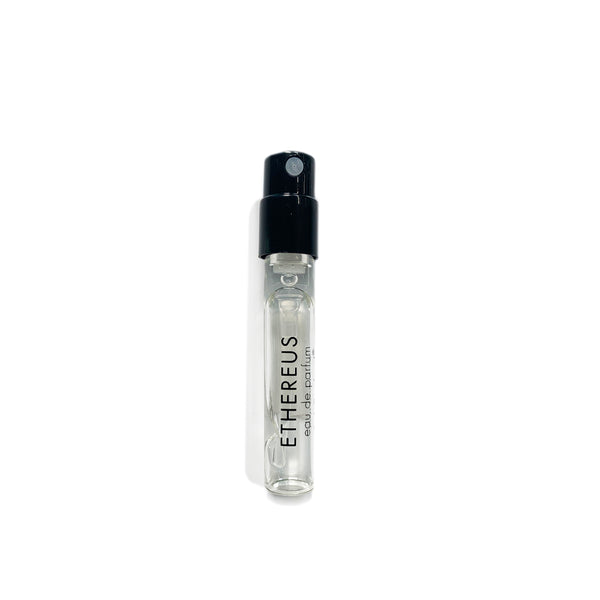
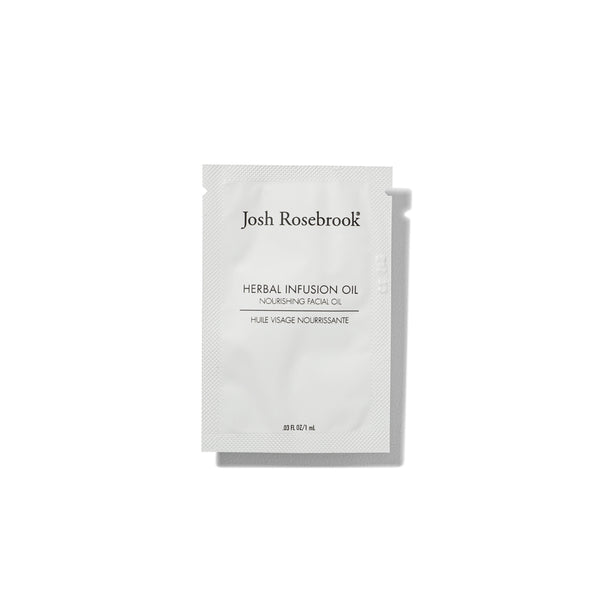
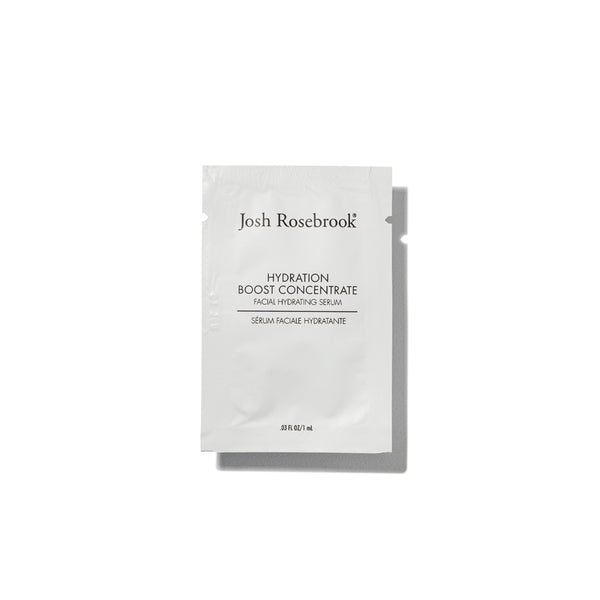
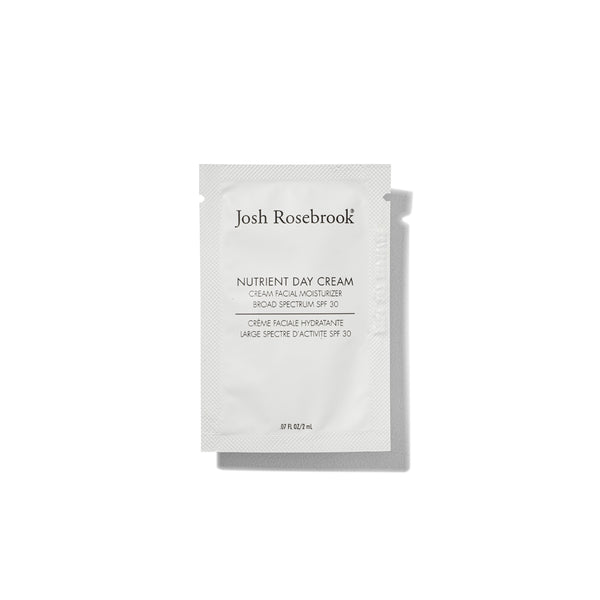
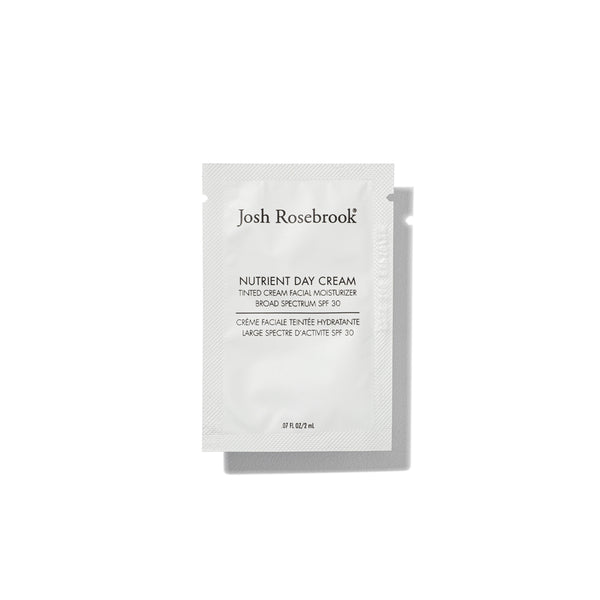
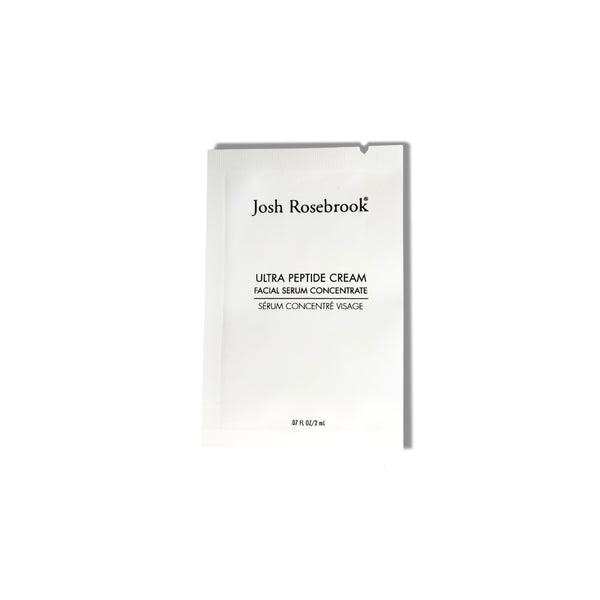
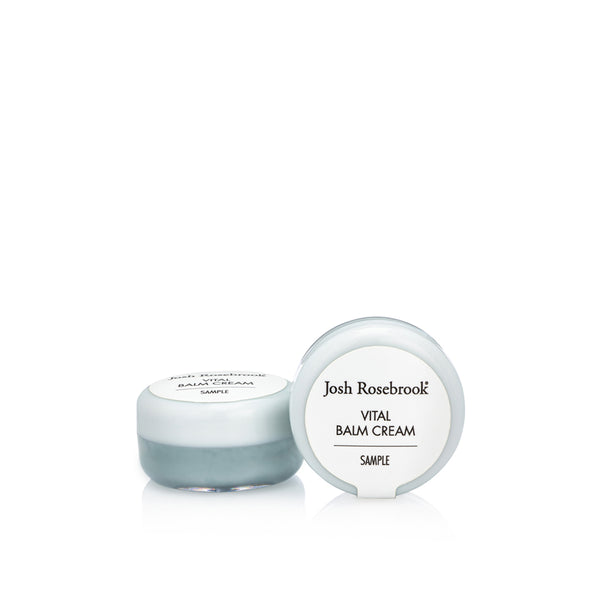
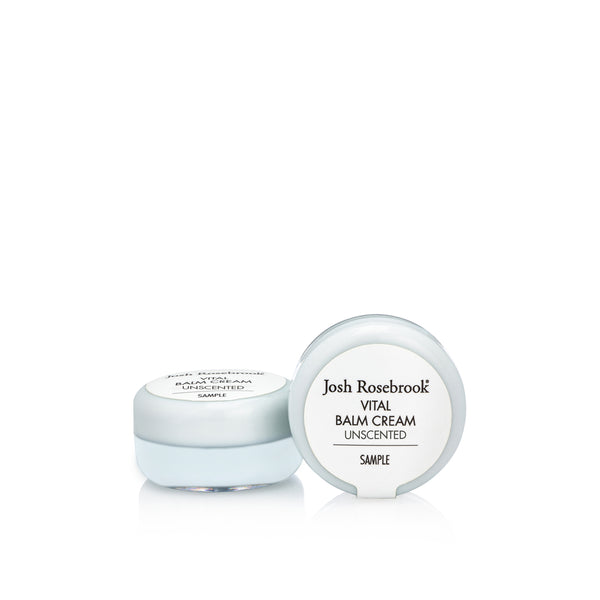
WRITTEN BY Josh Rosebrook